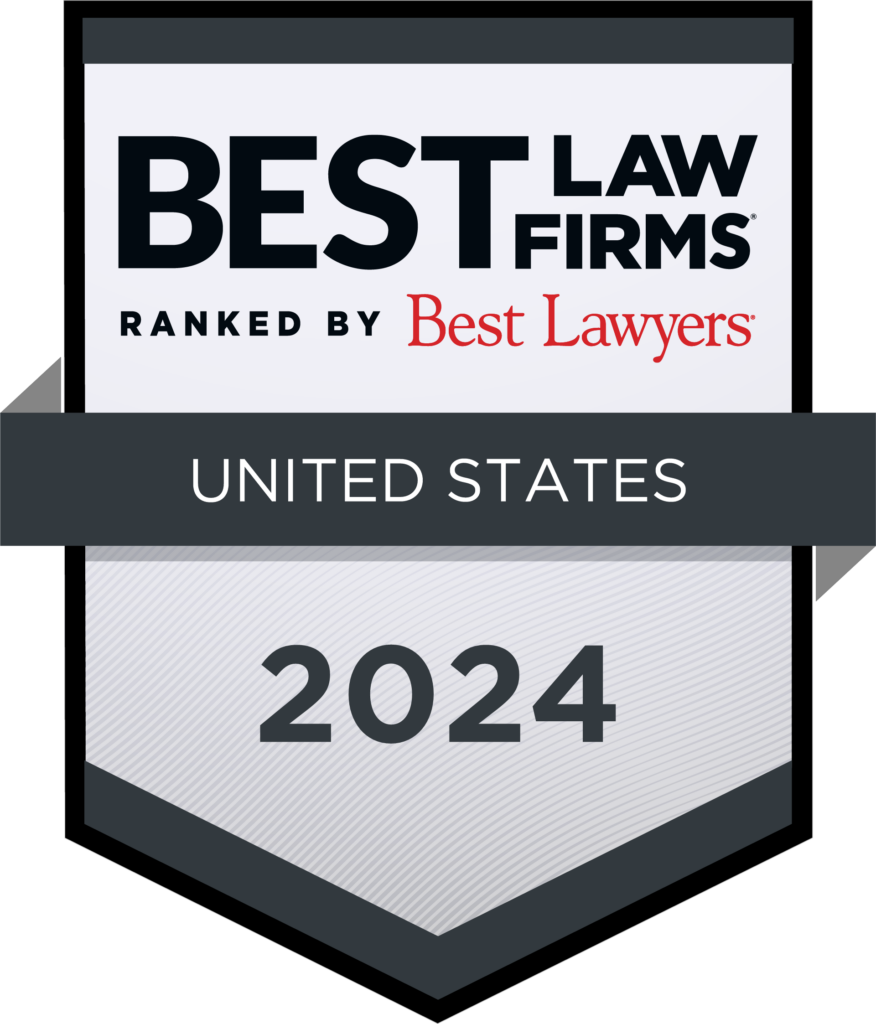Employment-based Permanent Residence
Employers may sponsor foreign nationals for Lawful Permanent Residence (“LPR”) based on the availability of a permanent position with that employer. This process normally entails three-steps: 1) the employer filing a labor certification application with the U.S. Department of Labor (“DOL”) after securing a prevailing wage determination from DOL and testing the U.S. labor market and demonstrating that there are no qualified U.S. workers available for the job; 2) the employer filing of an I-140 Immigrant Petition for Alien Worker with the U.S. Citizenship and Immigration Services (“USCIS”); and 3) the foreign national (and any of his/her dependents) filing an I-485 Application to Adjust Status to Permanent Residence with USCIS (or an immigrant visa application at a U.S. consulate, if the employee is residing abroad), demonstrating that s/he is not inadmissible for any reason (criminal, security, health, or other reasons).
Preference Categories
The need to obtain a labor certification depends on the employment-based classification within which the foreign national fits. USCIS classifies foreign workers seeking to become LPRs in different preference categories based on the minimum requirements of the offered position including the level of education and professional experience required. There are a total of five employment-based preference categories.
Labor Certifications are required of individuals in the Second Preference Category (except in National Interest Waiver cases) and the Third Preference Category. The Second Preference category (“EB-2”) includes “Members of the Professions Holding Advanced Degrees or Aliens of Exceptional Ability.” An advanced degree is considered to be a Master’s degree or higher or a Bachelor’s degree plus a minimum of five years of progressively responsible post- Baccalaureate experience. Exceptional ability is defined as a degree of expertise significantly above that ordinarily encountered.
The Third Preference category (“EB-3”) includes “Professionals, Skilled, and Other Workers.” Professionals include persons who are members of the professions who have at least a Bachelor’s degree. Skilled Workers are individuals who will be employed in a full-time permanent job requiring at least two years of training or work experience. Other Workers are foreign nationals with less than two years of training or work experience.
No labor certification is required for foreign nationals in the other three employment-based preference categories (First, Fourth, and Fifth Preference). These categories include Aliens of Extraordinary Ability, Outstanding Professors or Researchers, Multinational Managers or Executives, Investors, and others in high demand occupations. Some categories of foreign nationals may not require an employer to sponsor them for permanent residence and may do so by filing an I-140 petition on their own behalf.
In addition, National Interest Waivers – which fall within the EB-2 category –do not require a labor certification. They are available for foreign nationals with exceptional ability whose employment in the United States would greatly benefit the nation. To qualify, the proposed endeavor has both substantial merit and national importance; the foreign national must be well positioned to advance the proposed endeavor, and it would be beneficial to the U.S. to waive the labor certification requirement.
National Interest Waivers are also available for physicians practicing in Health Professional Shortage Areas (HPSA), Mental Health Professional Areas (MHPSA – for psychiatrists only), Medically Underserved Areas (MUA), or Veterans Affairs facilities, or for specialists in Physician Scarcity Areas (PSA).
